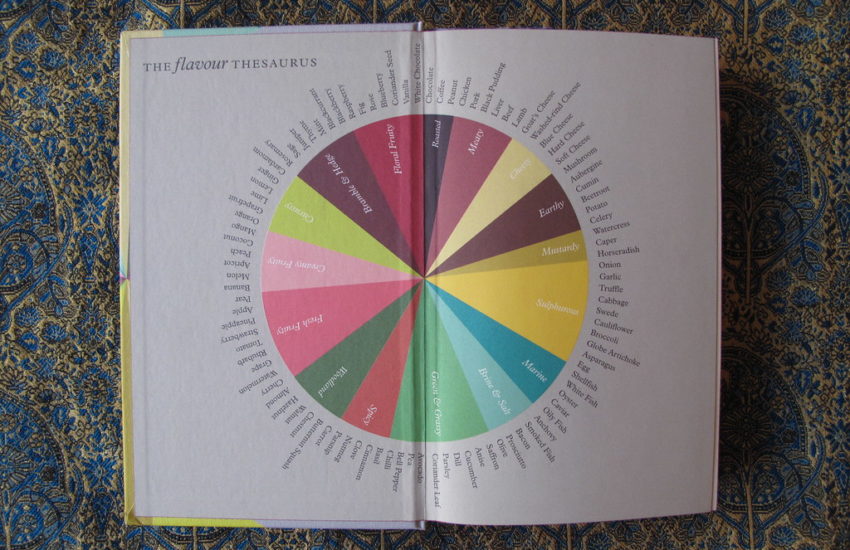What is ontology? An ontology is a formal system for modeling concepts and their relationships. Unlike relational database systems, which are essentially interconnected tables, ontologies put a premium on the relationships between concepts by storing the information in a graph database, or triplestore. (The following examples use data derived from PLOS, which makes all of its Open Access data and content available.) Relational databases are good at representing tabular data for one-to-one relationships: However, real-life data is seldom this tidy;
Continue reading

